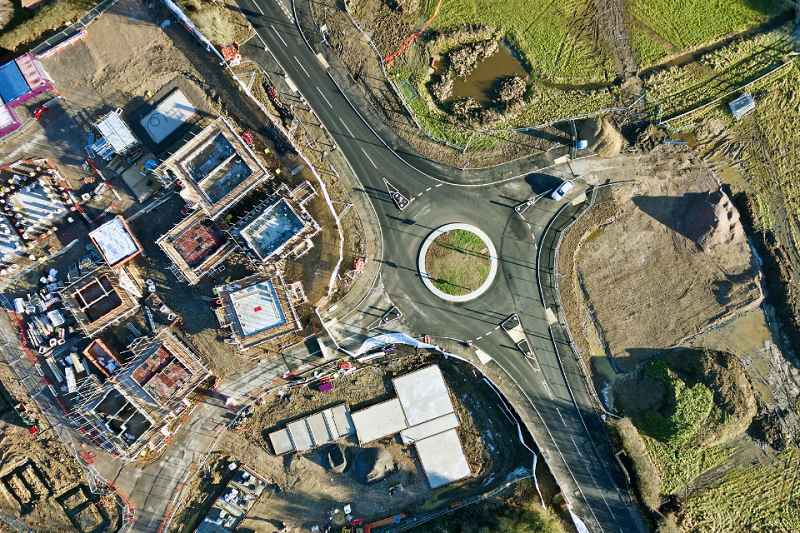Clean energy projects, public transport links, and other major infrastructure will on average be delivered at least a year faster, as the government accelerates planning reforms to unleash growth and restore Britain’s rightful place as a world leader in building.
Burdensome statutory consultation requirements unique to major infrastructure projects will be scrapped, through amendments to the pro-growth Planning and Infrastructure Bill, cutting down the average two-year statutory pre-consultation period by half and paving the way for new roads, railways, and windfarms that will bolster the country’s connectivity and energy security.
Developers currently spend significant time and money on long, technical documents resulting in communities feeling fatigued and confused, which is a direct result of overly complex planning rules that are leaving working people deprived of the things their areas need to thrive. It also disincentivises developers making improvements to projects for fear of having to re-consult, even if in the community’s best interest.

Recognising community voices remain vital, the government will bring this process in line with planning applications for major housing schemes, and set out new statutory guidance to promote meaningful local engagement without repeating these flaws. This will allow changes to be made dynamically based on community feedback, reducing delays and potentially saving over £1 billion for industry and taxpayers this Parliament. These changes will help ensure Britain is open for business, attracting billions of pounds of new private investment.
This will go even further in streamlining infrastructure delivery through the government’s landmark Planning and Infrastructure Bill, as part of the Plan for Change to power and heat homes with clean energy, raise living standards, create well-paying jobs, and put more money into the pockets of working people and families. The reforms will also boost the government’s efforts to build 1.5 million homes by making it easier to deliver the roads, reservoirs and energy generation needed so we can restore the dream of homeownership to families across the country.
Deputy Prime Minister and Housing Secretary Angela Rayner said: “Critical national infrastructure is key to Britain’s future and security – so we can’t afford to have projects held up by tiresome requirements and uncertainty, caused by a system that is not working for communities or developers and holding back our true potential.
“We are strengthening the Planning and Infrastructure Bill to make sure we can lead the world again with new roads, railways, and energy infrastructure as part of the Plan for Change, whilst ensuring local people still have a say in our journey to get Britain building.”
Alongside statutory guidance for developers on applications, the Planning Inspectorate will maintain high standards for accepting projects – informed by community engagement. Local authorities will also be made aware of proposed applications so that they can continue to play an important role informing and advising on developments, as well as advocating for local interests.
As a result, local people can still object and share their views but in a more effective way, with developers given the flexibility to adapt their schemes as needed without restarting the process: reducing delays and costs for projects, including datacentres, reservoirs, and solar farms, while ensuring local people’s voices are heard.
Meanwhile the government is already taking action - consenting more nationally significant solar projects since the start of the Parliament compared to the whole of the previous one, including the Mallard Pass Solar Project in Lincolnshire, and making the largest ever investment in offshore wind, as we deliver our Plan for Change milestone of 150 decisions on major infrastructure projects by the end of the Parliament.
Examples of delays under current system:
- Fens Reservoir: Over 1,000 days in pre-application due to a number of issues including around consultation requirements, expected submission in December 2026, supplying 250,000 homes with water.
- National Grid - Bramford to Twinstead: 717 days in pre-application for 29km of overhead lines and underground cables.
- Hinkley Point C: Three years in pre-application consultation; Sizewell C spent around seven-and-a-half years at this stage.
Wider reforms in the Bill will streamline and speed up planning decisions, remove blockers to major infrastructure and housing delivery, and support environmental goals through the new Nature Restoration Fund to achieve win-win outcomes for both nature and the economy.
These changes build on the recent OBR forecast confirming the government’s planning overhaul, through an updated National Planning Policy Framework, will drive UK housebuilding to its highest level in over 40 years and boost the economy by £6.8 billion by 2029/30.



















